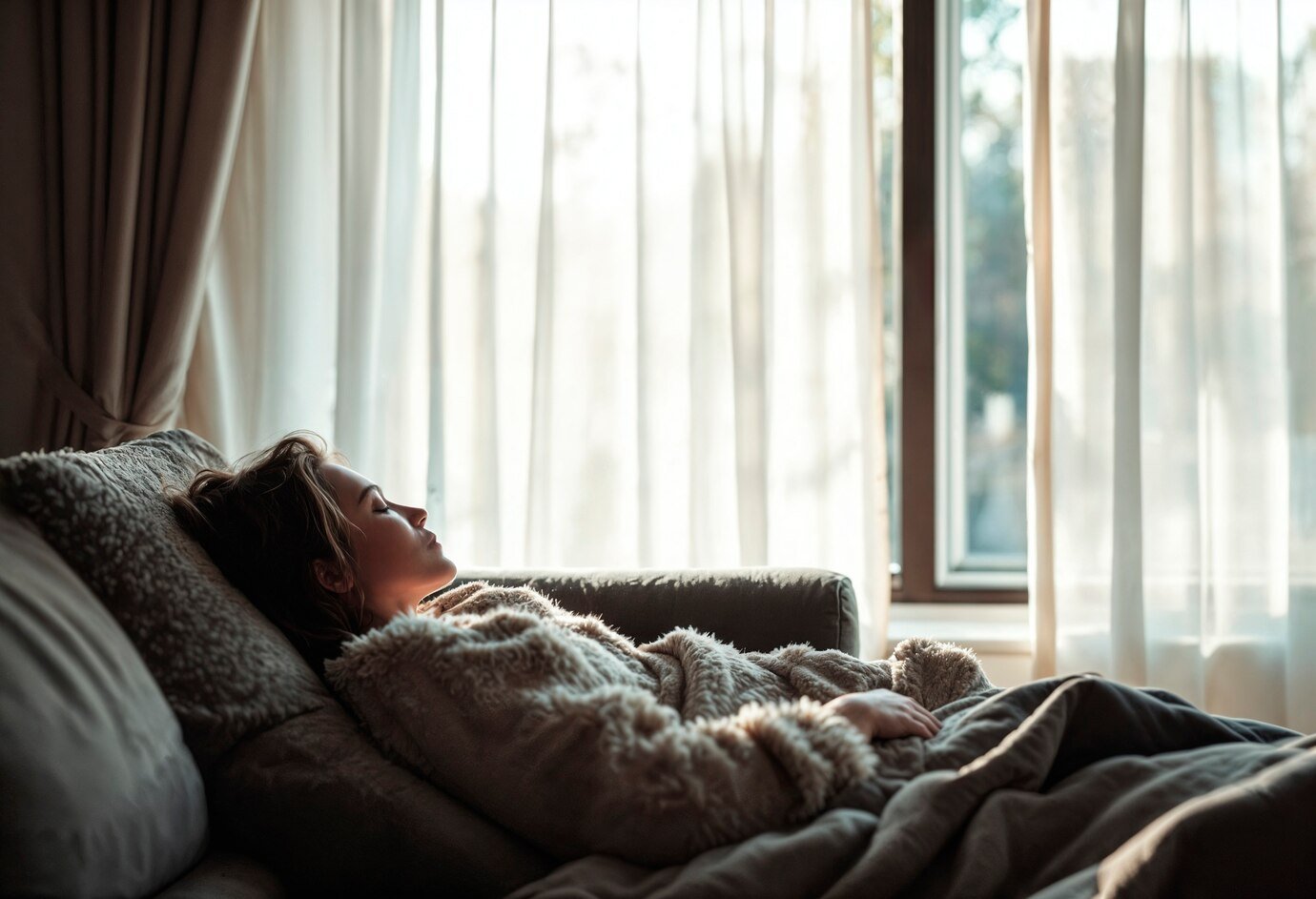The difference between CBD and THC and their respective effects on sleep
Cannabidiol (CBD) and tetrahydrocannabinol (THC) are two prominent compounds found in the cannabis plant, each with distinct properties and effects on the human…
Table of contents
Cannabidiol (CBD) and tetrahydrocannabinol (THC) are two prominent compounds found in the cannabis plant, each with distinct properties and effects on the human body. Understanding their differences is crucial, especially when considering their impact on sleep. This article delves into the characteristics of CBD and THC, their respective effects on sleep, and addresses common questions to help you make informed decisions.
Understanding CBD and THC
CBD is a non-psychoactive compound renowned for its potential therapeutic benefits, including anxiety reduction and pain relief. Unlike THC, CBD does not produce a “high,” making it an appealing option for those seeking relief without psychoactive effects.
THC, on the other hand, is the primary psychoactive component in cannabis responsible for the euphoric sensation associated with marijuana use. It binds to cannabinoid receptors in the brain, influencing mood, perception, and various cognitive functions.
CBD Effects on Sleep
CBD’s influence on sleep is multifaceted and appears to be dose-dependent. At lower doses, CBD may promote alertness, while higher doses have been associated with sedative effects that can aid in falling asleep. Additionally, CBD products such as CBN Gummy For Sleep or THCV Isolate Oil potential to alleviate anxiety and pain—common culprits of sleep disturbances—may indirectly improve sleep quality. However, individual responses to CBD can vary, and more research is needed to fully understand its efficacy as a sleep aid.
THC’s Impact on Sleep
THC is often recognized for its sedative properties, which can help users fall asleep more quickly. However, its effects on sleep architecture are complex. THC has been shown to reduce the duration of REM sleep—the sleep stage associated with dreaming and cognitive processing. While this reduction might benefit individuals experiencing PTSD-related nightmares, it could potentially impair cognitive functions related to memory and learning over time. Furthermore, regular use of THC may lead to tolerance, diminishing its sleep-promoting benefits and possibly resulting in dependence.
Comparing CBD and THC for Sleep
When evaluating CBD and THC as sleep aids, it’s essential to consider their distinct effects:
- Psychoactivity: CBD is non-psychoactive, allowing users to maintain mental clarity, whereas THC induces psychoactive effects that can impair cognitive function.
- Side Effects: CBD is generally well-tolerated with minimal side effects. In contrast, THC can cause next-day grogginess, dizziness, and, in some cases, increased anxiety or paranoia.
- Legal Status: CBD derived from hemp is legal in many regions, while THC’s legality varies and is often more restricted due to its psychoactive nature.
- Efficacy: CBD may be more suitable for individuals seeking to improve sleep quality without psychoactive effects, especially if sleep disturbances are linked to anxiety or pain. THC might be effective for those struggling with sleep onset but comes with potential drawbacks, including altered sleep patterns and dependence risk.
FAQs

1. Can combining CBD and THC enhance sleep benefits?
Combining CBD and THC may produce an “entourage effect,” potentially enhancing therapeutic benefits while mitigating some adverse effects. However, this approach should be undertaken cautiously and under medical supervision.
2. Is CBD effective for insomnia?
CBD may help alleviate factors contributing to insomnia, such as anxiety and pain, potentially improving sleep quality. However, more research is necessary to confirm its effectiveness specifically for insomnia.
3. Does THC affect sleep quality over time?
Regular use of THC can alter sleep architecture, particularly by reducing REM sleep duration, which may impact cognitive functions over time.
4. Are there any risks associated with using CBD for sleep?
CBD is generally considered safe, with potential side effects including dry mouth, changes in appetite, and diarrhea. It’s advisable to consult a healthcare provider before starting CBD, especially if taking other medications.
5. How should I choose between CBD and THC for sleep issues?
Consider factors such as the nature of your sleep disturbances, sensitivity to psychoactive effects, legal considerations, and consult with a healthcare professional to determine the most suitable option.
Conclusion
Both CBD and THC offer potential benefits for sleep, each with unique effects and considerations. CBD provides a non-psychoactive option that may improve sleep quality by addressing underlying issues like anxiety and pain. THC can aid in falling asleep but may affect sleep stages and carry risks of dependence. Understanding these differences and consulting with healthcare professionals can help you make informed decisions tailored to your sleep needs.







